FiiO QX13: Two-minute review
Another day inevitably brings another FiiO product – and today’s FiiO product is the QX13 USB headphone amp/DAC. It’s an established product type, sure, but anyone with even a passing interest in the company knows FiiO seldom does things by halves.
So $219 / £199 / AU$349 buys a small, beautifully made device built from either carbon fiber or aluminum, and fronted by some heftily toughened glass. On the inside there’s the usual FiiO over-engineering, from the ESS SAbre DAC arrangement to the Texas Instruments amplification, and on the outside there are a couple of audio outputs, and a small and extremely informative full-colour display (ideal for those who can read all the way down to the bottom line in the opticians without any help). FiiO even provides a protective leather case that attaches magnetically to your iOS or Android device in the interests of both tidiness and swankiness.
Connect via USB-C to a smartphone, games machine, laptop or anything else that could do with an audio leg-up, and the improvements are both obvious and wide-ranging. In almost every respect, but especially where soundstaging, detail retrieval and dynamic impetus are concerned, the QX13 is a significant step on in quality.
If it wasn’t for the device’s tendency to hit treble sounds with quite such vigor, it would be approaching ‘ideal’ and be part of the best portable DACs around.
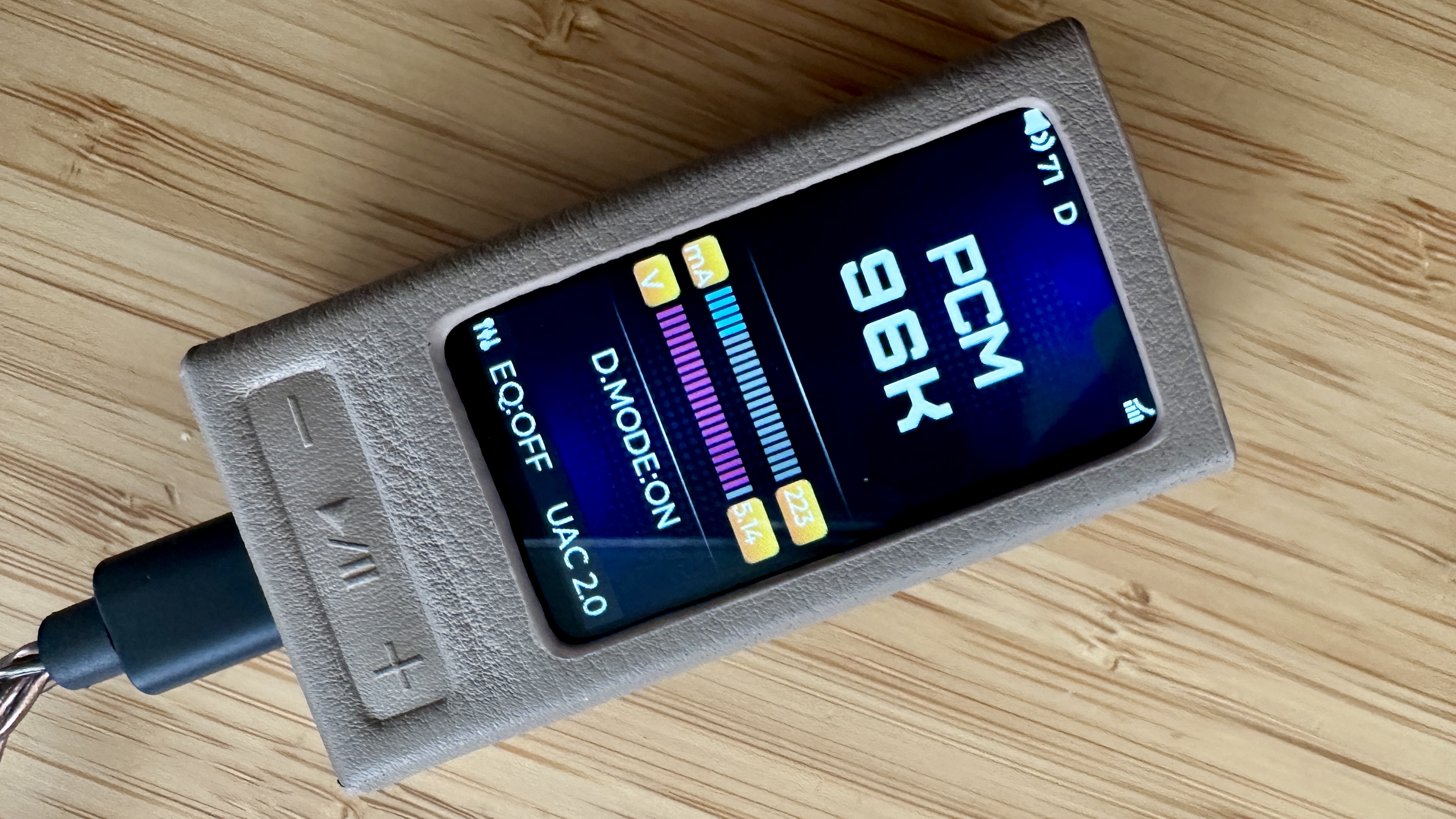
FiiO QX13 review: Price and release date
- Release date: July 2025
- Price: $219 / £199 / AU$349
The FiiO QX13 headphone amp/DAC is on sale now, and in the United States it sells for $219. In the United Kingdom it's around $219, while in Australia it goes for something like AU$349.
This puts it towards the top of the ‘USB headphone amp/DAC dongle’ market but, as we shall see, FiiO has done its best to make that price seem fair enough…
FiiO QX13 review: Features
- ESS Sabre ES9027SPRO DAC
- Texas Instruments op-amps
- Powerful ‘desktop’ mode
You’ve got to hand it to FiiO – it hasn’t let the requirement for the QX13 to be as compact as possible prevent it absolutely piling on the specification.
At the heart of the product is an ESS Sabre ES9027SPRO digital-to-analog conversion chipset. Capable of dealing with resolutions up to a giddy 32bit/768kHz and DSD512, it features eight channels arranged in parallel and a couple of low-noise ES9312 regulators dealing with output matching on each audio channel. Amplification is provided by half a dozen Texas Instruments op-amps arranged to reduce crosstalk and minimize interference.
Thanks to this optimized layout and also to the efficiency of its heat dissipation, the QX13 can deliver comparable power to full-size headphone amplifiers when it's in ‘desktop’ mode. Meanwhile, its high-precision power regulator can adjust the headphone amplification where gain and output power is concerned, in real time.
Part of the efficiency of the heat dissipation is thanks to the carefully shielded digital and analog boards. This also, of course, allows for more precise signal processing at every stage. Once it’s decoded from digital to analog, the signal passes through several stages of expansion and enhancement in an effort to deliver as complete an account of the information as possible.
There’s more, of course – there’s always more when FiiO is involved. The use of XMOS crystal oscillators allows the QX13 to be compatible with the 10-band lossless PEQ that’s available via the web or the Android FiiO control app. UAC 1.0 mode means the QX13 is compatible with PlayStation 5, Nintendo Switch and other gaming devices. It’s compatible with the company’s compact ‘ESTICK’ power bank.
But by now you get the picture – FiiO seemingly has a limitless supply of kitchen sinks it’s prepared to throw at every device it manufactures.
Features score: 5 / 5
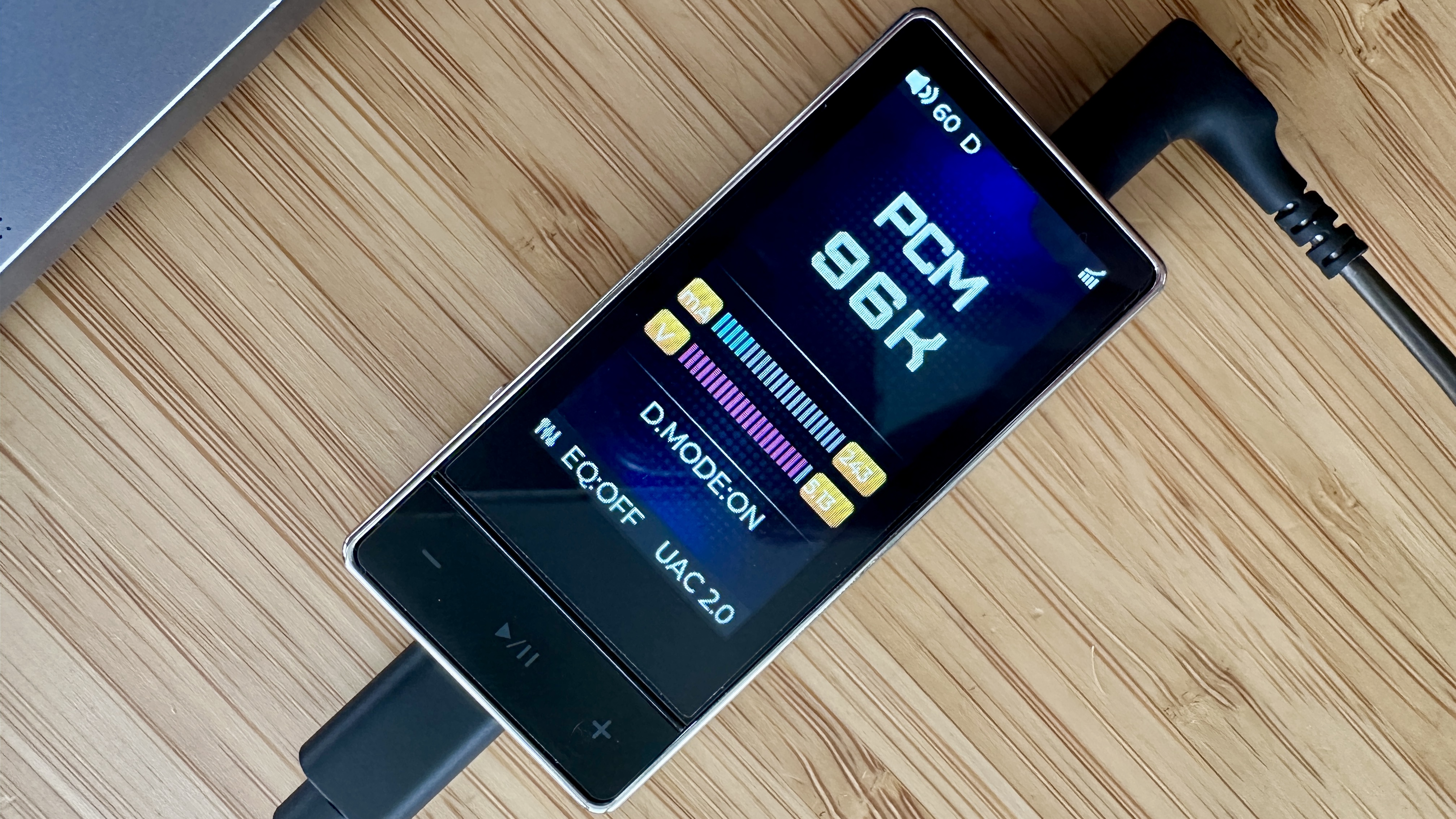
FiiO QX13 review: Sound quality
- Positive, detailed sound
- Spacious and organized presentation
- Rather over-confident high-frequency reproduction
Unsurprisingly, the FiiO QX13 passes the first test (‘does it improve on the unassisted sound of the average laptop or smartphone?’) in quite some style. It’s an altogether fuller, more convincing and more enjoyable listen than you can achieve simply by plugging your headphones into the output socket of a device like this.
It’s a remarkably open and organized listen. The soundstage it creates during a 24bit/96kHz FLAC file of Paul Simon’s 50 Ways to Leave Your Lover is expansive, carefully controlled and equally carefully laid out. Each element of recording relates naturalistically to each other, but each has a discrete pocket of space in which to operate; the sound is at once focused, unified and spacious. The spaces between each element are given the necessary prominence, and the QX13 keeps these silences very dark indeed.
Frequency response is fairly even. From the bottom end to the very top, the FiiO gives every area more-or-less equal emphasis – it’s slightly tilted towards the higher frequencies, but not fatally so. And at every point, it identifies, retains and reveals an impressive amount of detail. If there is minor, fleeting information regarding tone or texture in a recording, the QX13 has no problem placing it in convincing context.
It’s similarly adept when it comes to the dynamics of harmonic variation in a voice or an instrument, too, and where the broad dynamic shifts in intensity during a 16bit/48kHz FLAC file of Beak’s Carob Honey are concerned, the QX13 fairly steams through them. The amount of dynamic headroom it has available is significant.
The bottom of the frequency range is tightly controlled, and the attack and decay of individual notes and/or hits is so closely observed that rhythmic expression is confident and direct. The midrange communicates in the same positive, eloquent way; there’s really no mistaking a vocalist's attitude when they’re described by the FiiO.
From the lowest frequencies to the highest, there’s a common tonality to the QX13’s presentation that creates a strong impression of singularity and of ‘performance’. At the top of the frequency range, though, the FiiO overplays its hand just a little. It attacks high-frequency information with absolute zeal, and it doesn’t take much (even a mild lack of sympathy where source machine, content or partnering headphones are concerned will do it) for treble sounds to become slightly hard and overly assertive.
This is what I mean by ‘slightly titled towards the higher frequencies’, and it’s this trait that means the QX13 doesn’t pass the second test (“does it represent value for money when judged against its peers?”) with anything like the same breeziness as it does the first. That this FiiO has a fistful of sonic talents is not up for question, but whether it’s the best-sounding device of its type and price must remain a live question.
Sound quality score: 4 / 5
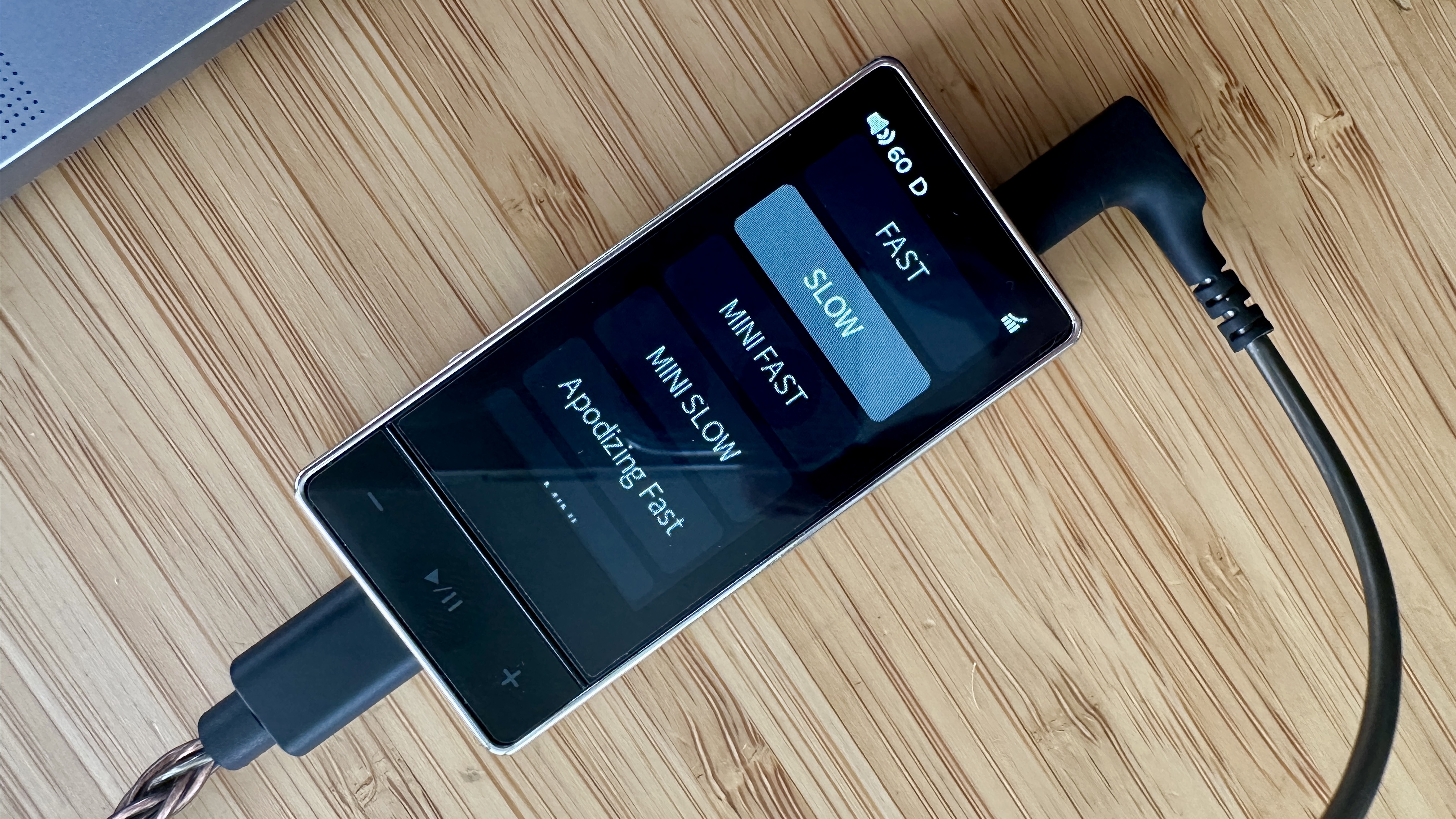
FiiO QX13 review: Design
- Carbon-fiber or aluminum construction
- Magnetic leather case for ultimate iPhone convenience
- 64 x 31 x 13mm (HxWxD)
You’ve two choices where the finish of your QX13 is concerned: carbon-fiber or aluminum.
The former consists of 21 layers of material that adds up, according to FiiO, to a device that’s six times stronger than steel. This version of the QX13 weighs in at just 33.7g, whereas the aluminum alternative is a whole 39.2g, but it does feature a laser-engraved rear panel that, suggests FiiO, makes for an ‘elegant yet advanced’ appearance. Mind you, you won’t be seeing much of either material if you slip the QX13 into its protective leather case. FiiO has, in one of those ‘so simple it’s brilliant’ moments of inspiration, made the case magnetic - so it will cling to your iPhone in the manner of a MagSafe. If you’re an Android user, there’s a magnetic ring provided in the packaging to perform the same function.
The little 64 x 31 x 13mm (HxWxD) device is beautifully made, no matter the material you prefer, and the standard of finish is very good, too. FiiO is to be congratulated on its use of third-generation Corning high-strength glass for the majority of the front panel – its scratch-resistance is second to none.
Design score: 5 / 5
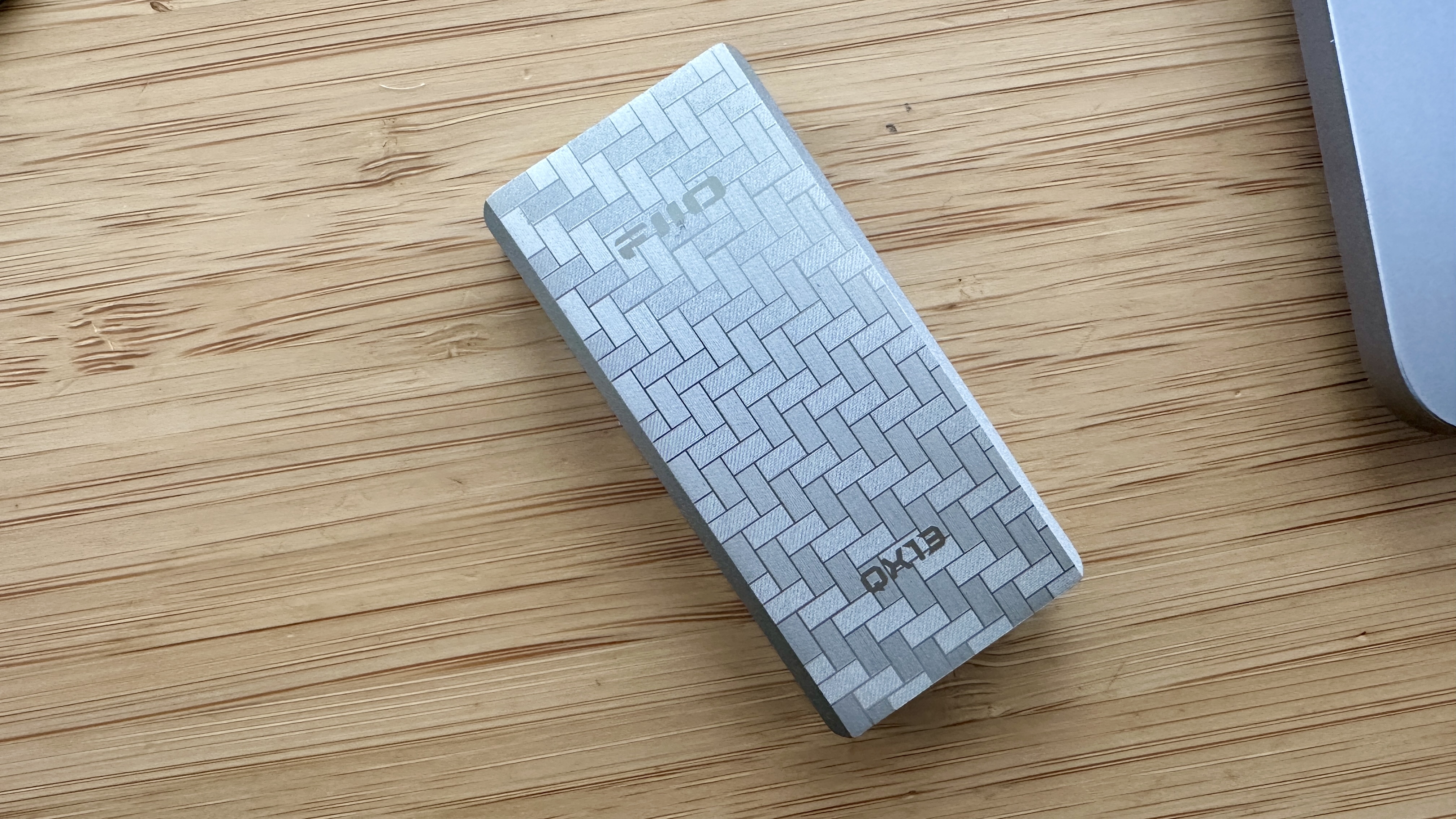
FiiO QX13 review: Usability & setup
- 50.5mm IPS screen
- Hybrid 3.5mm output
- 60- and 120-step volume adjustment scales
As far as setting up the QX13 goes, things couldn’t really be more straightforward. It features two USB-C sockets, one of which is for charging the battery and the other for data transfer – both can be connected simultaneously, and FiiO provides a short length of braided USB-C / USB-C cable to help.
There’s a switch to engage or disengage ‘desktop’ mode, and at the top of the device there are 3.5mm and balanced 4.4mm output sockets. The smaller one can be specified as an SPDIF if you want to connect your QX13 to a larger system digitally, so it’s just a question of making the necessary connections and away you go.
Or, at least, away you go provided you have the required dexterity to get the FiiO set up to your satisfaction. The screen is bright and clear, most certainly - but it tries to include too much information in one go (file type, file size, volume level, mode confirmation, UAC type, EQ setting, you name it). The set-up menus themselves are typically FiiO in their thoroughness but the size of the font that’s been used is necessarily small, and the few physical buttons available to navigate them are small too.
Ideally you’ll have eyes like a hawk and fingers like cocktail sticks. Otherwise there could be a fair bit of back-and-forth to get what you want, and some squinting to ensure you’ve got it once the device is functioning.
Usability & setup score: 3.5 / 5
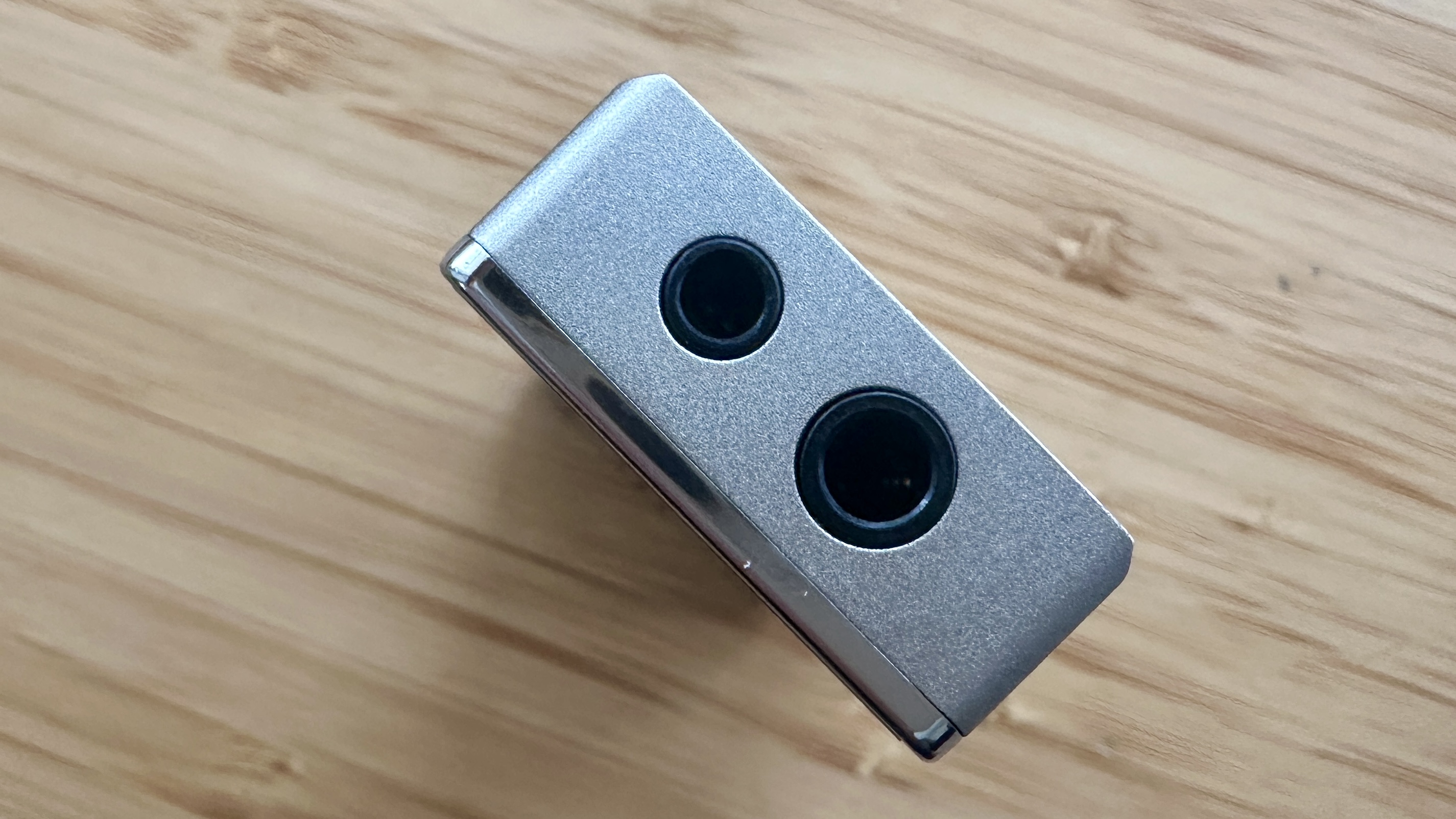
FiiO QX13 review: Value
You can’t judge the value for money of a product like this on the basis of the amount of stuff your money buys – a portable USB DAC/headphone amp needs to be small and light. No, you judge it on the way it’s made, the way it’s finished, the way it’s specified and, most importantly, the way it makes your USB-C device and headphones sound.
And in all these respects, it’s very decent value for money indeed, but the quirks of its audio character mean it’s not quite the no-brainer FiiO was undoubtedly hoping for.
Value score: 4 / 5
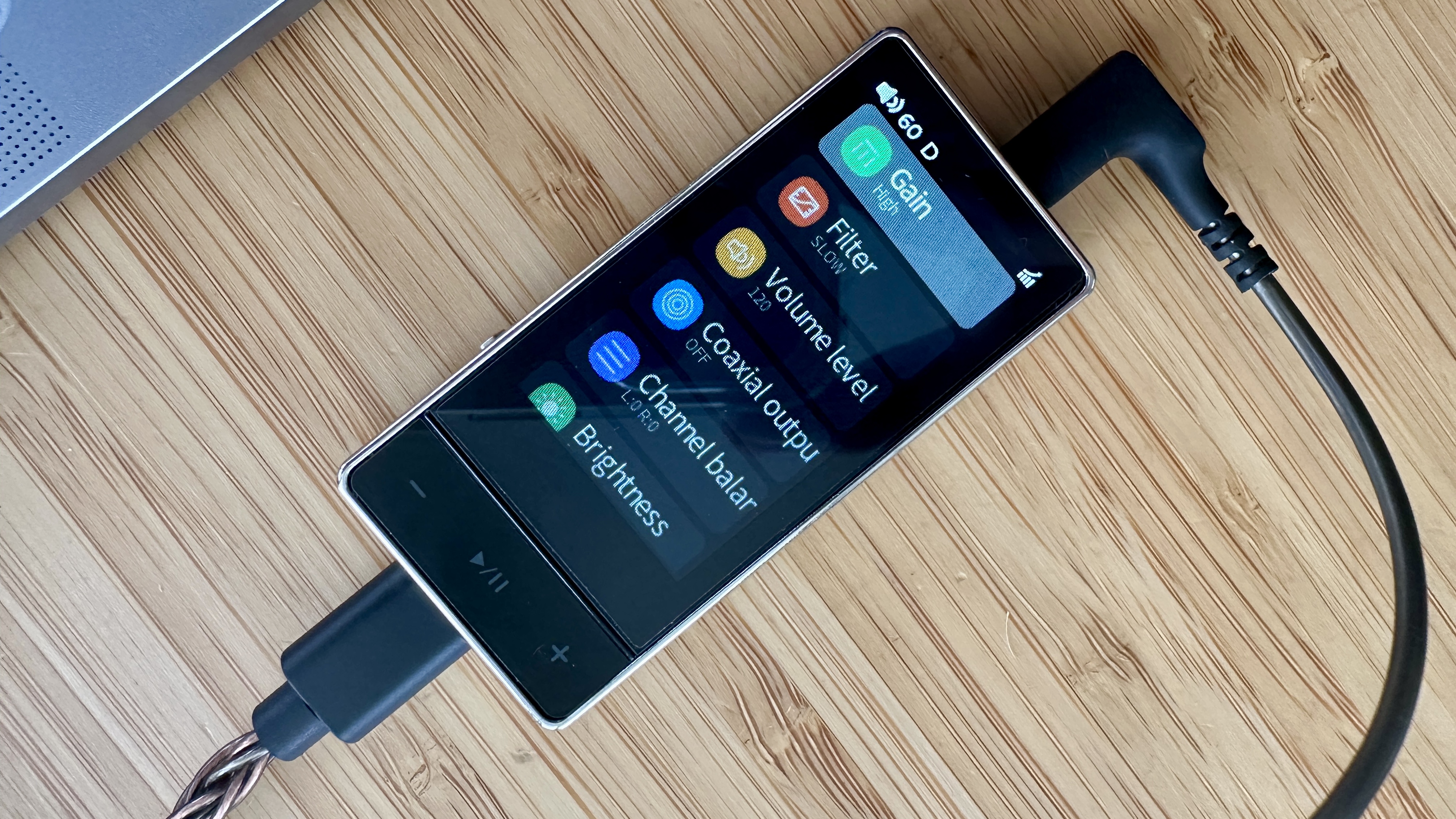
Should you buy FiiO QX13?
Buy it if...
Your USB-C-equipped device could do with some audio assistance
The QX13 improves on the native sound of smartphones and laptops to quite a degree.
You have some good wired headphones
And if you have some good wired headphones on a cable that terminates in a balanced 4.4mm connection, even better.
You admire some thorough (and small-scale) engineering
How does FiiO squeeze it all in? It’s a question as old as electricity itself…
Don't buy it if...
Your eyesight isn’t all it might be
Some of the information displayed on the screen is beyond ‘tiny’.
Your fingers are of similar size to those of King Charles III
The physical controls require deft, rather than sausagey, digits.
You’re especially sensitive to high-frequency sound
The FiiO attacks the top of the frequency range in quite determined fashion.
FiiO QX13 review: Also consider
Helm Audio Bolt
It’s not as thoroughly specified as the FiiO QX13, but the Helm Audio Bolt is not to be underestimated where audio quality is concerned. If you can live without a display and a magnetic holster, this is a very compelling alternative.
Read our in-depth Helm Audio Bolt review to learn more
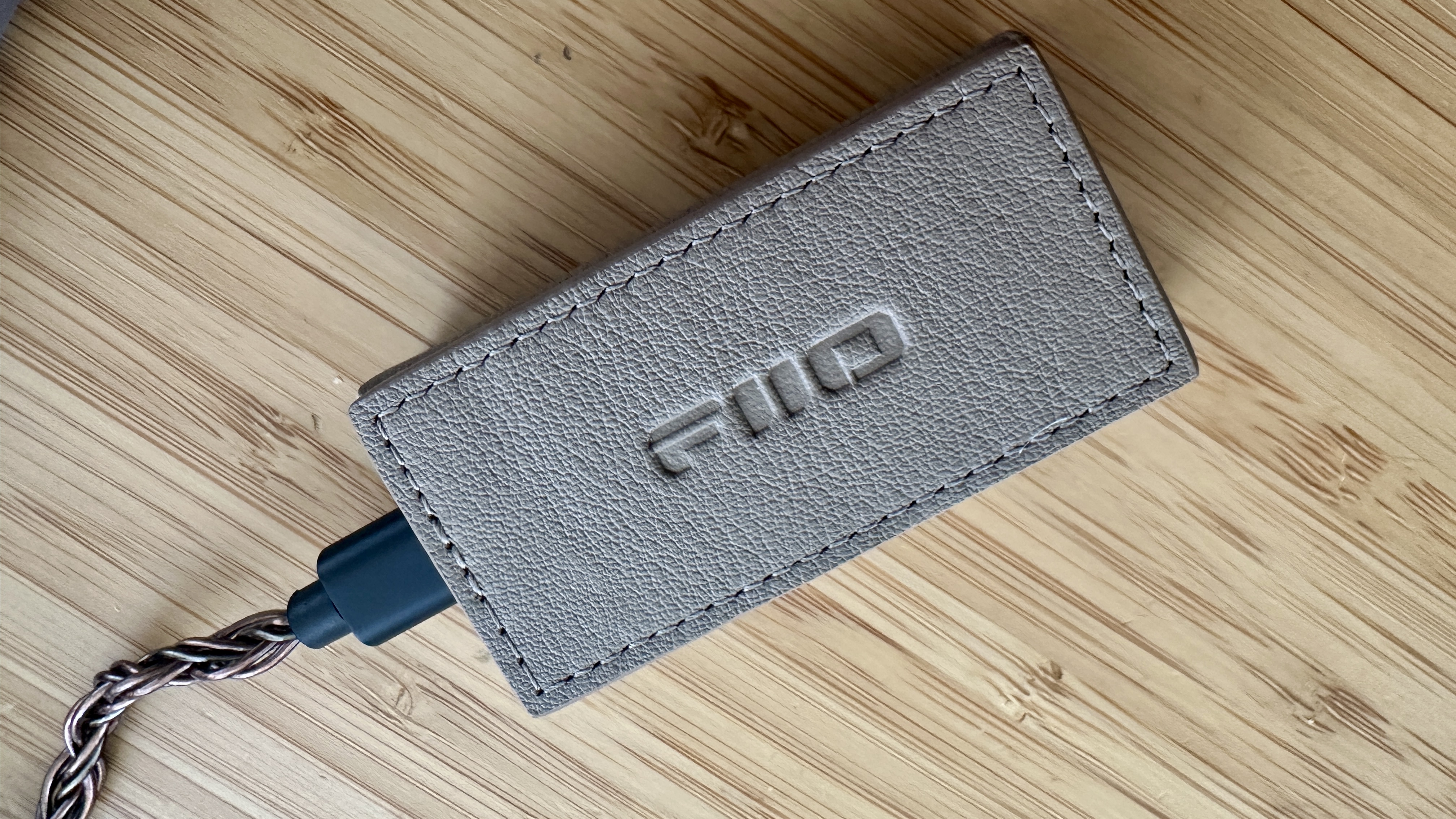
How I tested the FiiO QX 13
- Various headphones
- Various audio file types and sizes
- Various sources of music
I mostly used the FiiO QX13 with my Apple MacBook Pro, but I also tried it out with a Google Pixel 8 smartphone and a FiiO M15S. Two of these three products benefited no end from the QX13’s d-to-a conversion and headphone amplification.
I listened to plenty of music of various genres, various file sizes and types, and I listened for well in excess of a working week.
First reviewed October 2025


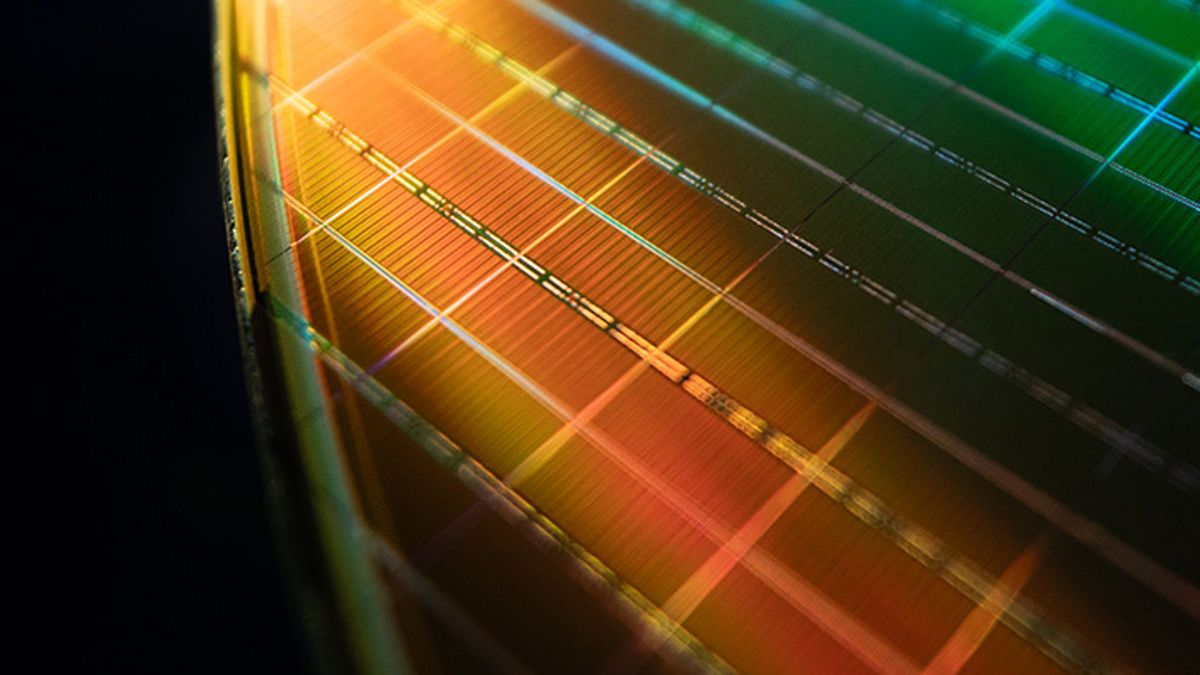

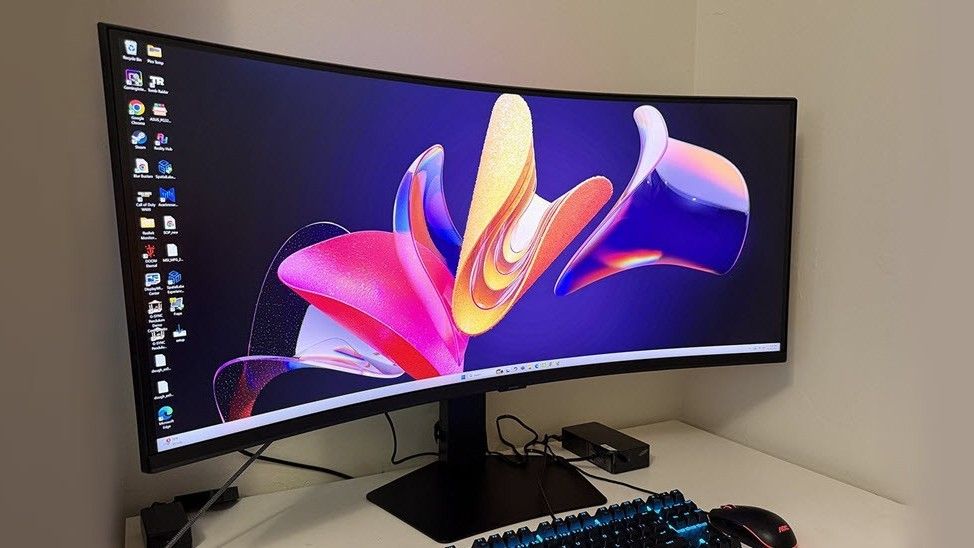
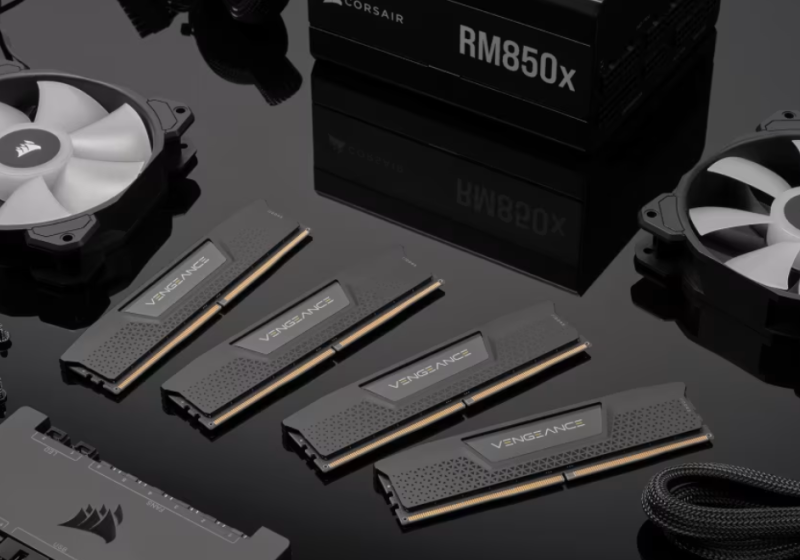


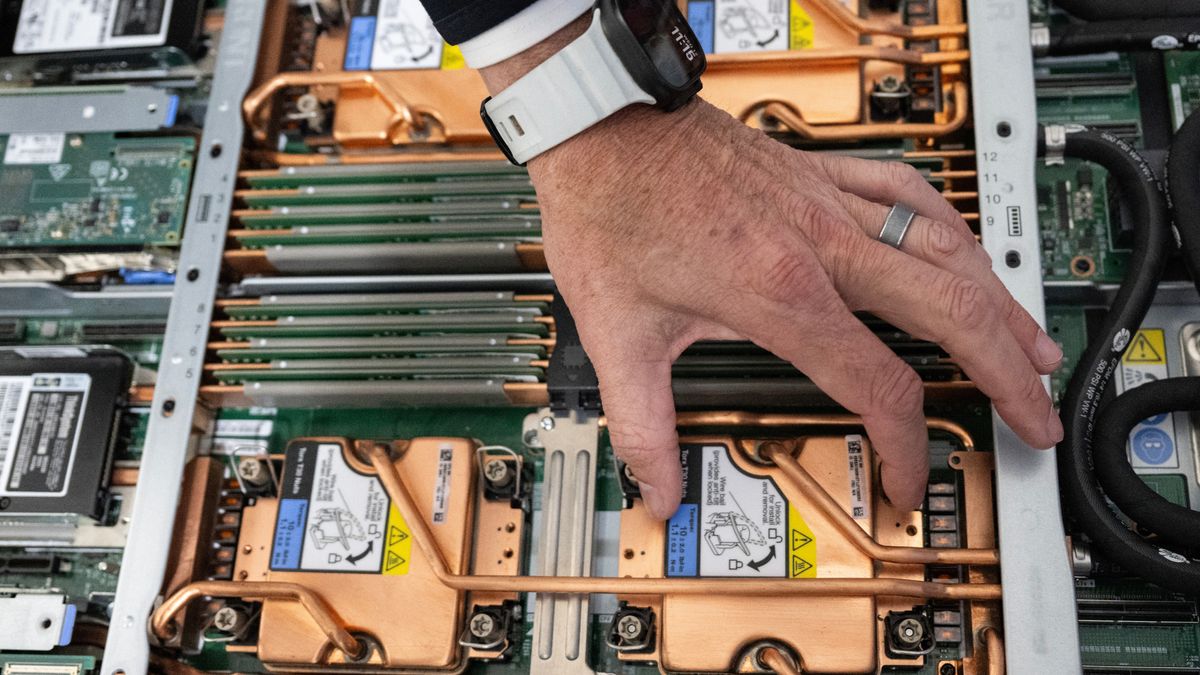

 English (US) ·
English (US) ·